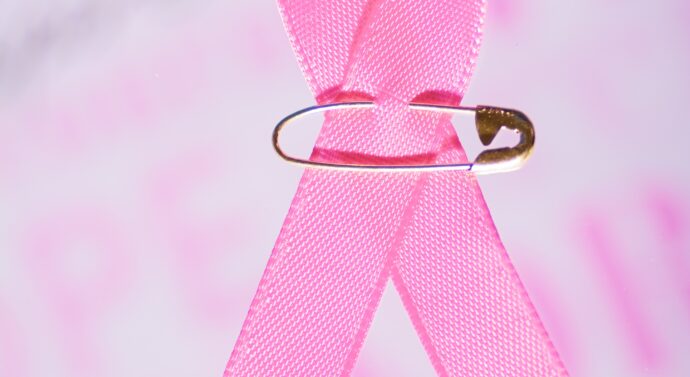
BBB: Before going pink, take time to think!
Community, Lifestyle October 11, 2021, Comments Off 121Breast Cancer Awareness Month brings with it a wave of appeals to donate to breast cancer charities. BBB advises consumers to research charities and cause-related products carefully before making a donation or buying a pink-ribbon product.
“Breast cancer is a serious threat to the health of women as well as men,” said Stephanie Garland, Better Business Bureau (BBB) Springfield Regional Director. “But some fraudulent charities might try to cash in on the pink ribbon frenzy, so donors should do their homework before they make a donation or buy a pink-ribbon product.”
Consumers can find reports on charities at BBB’s website. Charities that meet all 20 BBB Standards for Charity Accountability — which examine the percentage of its money a charity spends on programs, its governance, fundraising, informational materials and effectiveness — can become BBB Accredited Charities.
BBB offers BBB Charity Reviews of more than 11,000 charities nationwide, including several BBB Accredited Charities that support cancer research or provide support to cancer survivors. Some charities have names that resemble well-known breast cancer charities, so it’s a good idea to check charities out on BBB’s website before making a donation.
In the last three years, 25 charity scams involving cancer have been reported to BBB Scam Tracker, out of about 580 charity scams reported over the same period. In one scam reported in August 2020, many members of a Pacific, Missouri, church received text messages from a scammer impersonating their pastor, soliciting Amazon gift cards for cancer patients.
In addition, a number of companies produce products that claim to support cancer charities. BBB advises consumers to check products carefully to determine how much support goes to charity and whether the charity meets BBB standards. More tips:
● Inspect the product for information. Many companies clearly report on labels how much of their sales go to charity and specifically where the money goes.
● Check the company’s website. If the information isn’t on the product itself, it often can be found at a website address printed on the product packaging.
● If you still can’t find the information, call the company and ask for it. Firms that use charity tie-ins to market their products should be transparent to consumers.
● Contact the charity directly if you have doubts they are receiving proceeds.
Tips for avoiding charity scams:
● Be wary of appeals that are long on emotion, but short on details about the charity.
● If you contribute, do not give cash. Make a check or money order out to the name of the charitable organization, not to the individual collecting the donation.
● Watch out for excessive pressure for on-the-spot donations. Be wary of any requests to send a “runner” to pick up your donation.
● Be wary of charities that are reluctant to answer reasonable questions about their operations, finances and programs. Ask how much of your gift will be used for the activity mentioned in the appeal and how much will go toward other programs and administrative and fundraising costs. ● Before you do business with a charity or company, check its BBB Business Profile or BBB Charity Review at BBB.org or by calling (417) 862-4222.
Article via Stephanie Garland of the BBB